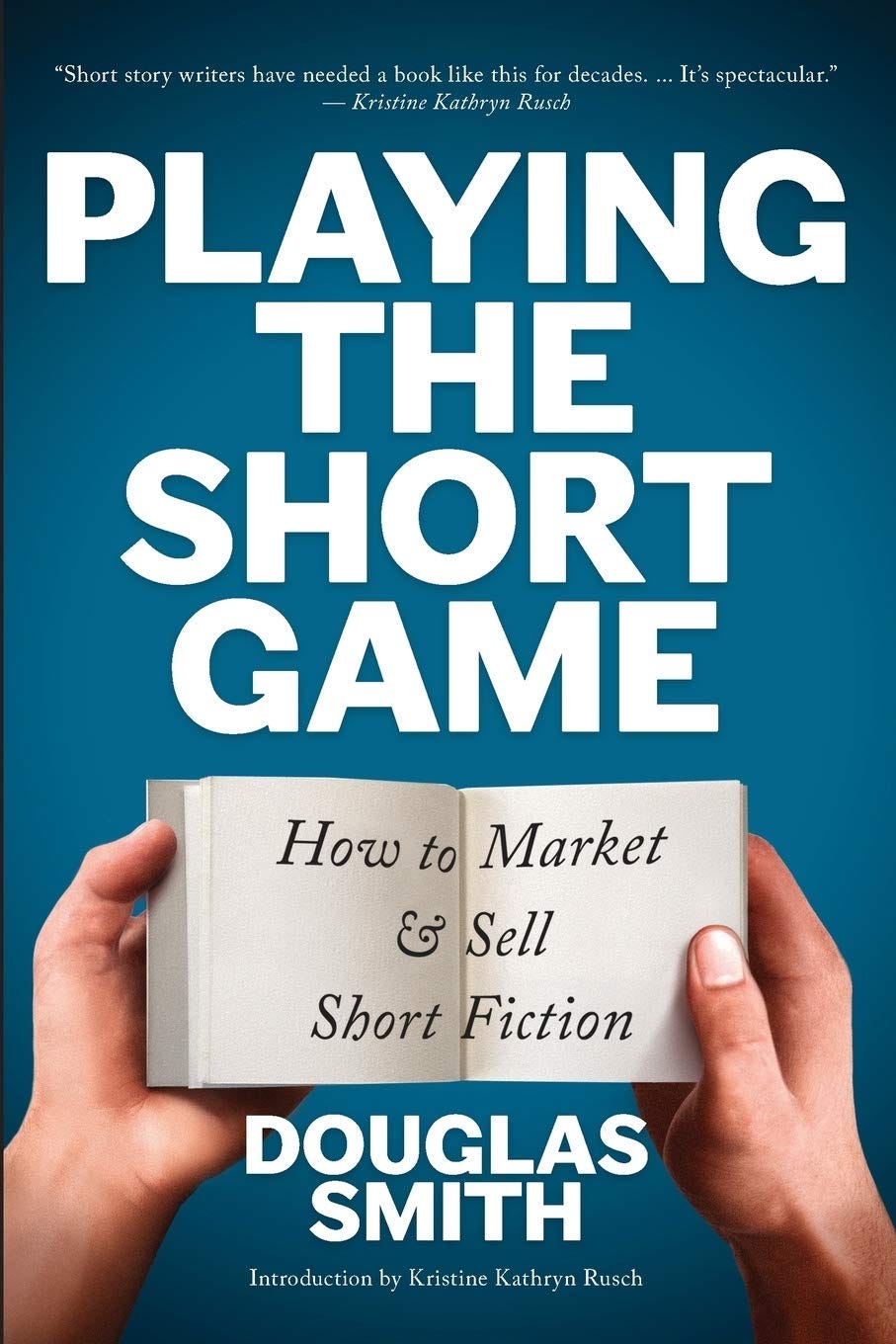When I started this newsletter back in March 2022, I didn’t really have an end goal in mind. To be honest, it was an outlet, something to pass the time that seemed more productive than scrolling through endless threads, statuses, and pictures on social media.
Countless dollars spent on short story collections, guide books, out of print magazines, paperbacks and biographies; I don’t regret a moment of it. I’ve realized the fire that once burned in my soul from high school has once again been reignited. A fire sparked by pulp stories and the writers who penned them, coupled with a recent job layoff (the Tech industry is bleeding).
The life long journey of being a pulp writer in 2022 and beyond is relatively simple. As Stephen King often says, the key to being a writer is to “write a lot and read a lot,” but I’d argue that to be a writer is the easy part. If one writes often over a period of time, then he or she, by definition, is a writer.
For me, the goal is a bit more complicated: to become a professional writer. But what does that mean exactly? To be a professional writer is to make a decent living. I won’t share the specific number here, but it would be just enough income to support myself, my family, and current lifestyle.
To start this journey, one must establish a reliable process that will help achieve the desired outcomes - publishable words on the page. Maybe it's getting up before sunrise to write and bang out a couple hundred words before the day starts. Perhaps it's going out for a walk and dictating a chapter or two on a digital recorder? Or if you’re like me and have failed to ascend to the 4am, power-hour club of CEOs, star athletes, power-brokers, and gym rats, then you cherish the late hours of the night after your child has gone to bed, operating solely on an overflowing cup of straight, black coffee. You clock-in around 9:30 PM at the desk in your study, littered with notes, ideas long abandoned that still may have potential, and gentle reminders to keep going when you think the words you’ve just produced are shit. You type with a mad dash like that GIF of Kermit the Frog on the typewriter to get as much on the paper before the next time your seven month old son wakes up in the evening. Then you realize midnight has passed. “Good morning” you say to yourself; eyes heavy and strained from staring at your laptop screen far too long. You hobble into your dark bedroom, hoping not to wake your wife and child who are in deep sleep. Your head crashes into the pillow and you whisper to yourself “it’s worth it” as you slip into a dark numbness.
Ray Bradbury would often tell beginning writers to commit to writing one short story a week for 52 weeks. If I can hit 1,000 words a night consistently (key word is consistently), then I can hit my goal of penning a short story, perhaps even two, week after week.
This is a long term (read 15 to 20 year) effort with hopes of reaching mastery of the craft the same way a carpenter masters woodworking or a painter masters oil or acrylic paints. Now once I have the process down, the output comes naturally. The subconscious learns to pick up the habit of daily word count and begins to operate accordingly.
The more I practice writing, the more my skills as a storyteller (should) improve over time. Each completed story is a form of practice where I can test the waters with character, craft, plotting, pacing, etc. Once production is humming along, then I’ll send them out to pro and semi-pro magazines that pay around 0.1 - 10 cents a word until I run out of markets. I won’t bore you with the technical details of this plan, I promise. However, I will be documenting my efforts for those of you who may be curious to witness the growing pains of a modern day pulp writer.
Along with the writing and reading fiction, I’ve acquired a few “How-to” books to supplement my education. One that I’ve recently torn into is Playing The Short Game: How to Market & Sell Short Fiction by Douglas Smith.
And yes, I’ll still be playing the part of a quasi-pulp historian by releasing book reviews, essays, recommendations, and lost treasures along the way.
Ultimately, the key to building a body of work as a pulp writer for me is to keep having fun. Keeping the stories fresh, exciting, and entertaining to me is critical to making this work. Other writers can follow the advice of writing to market and I know many have found success doing so, but if I’m in this for the long haul of 15 to 20 years, then the only way to make this sustainable is by having fun telling the stories I want to tell.
As famed Pulpster, Arthur J. Burks wrote in 1937:
“Take it from me. You’ll last longest in the profession that makes you happy. The slanter is more “successful” than I am; but I’m curious about where each of us will be ten years from now if we live.”
Now that I’m spending my nights studying, reading, and crafting fiction, I can expect my coffee consumption to skyrocket. I’ve set up a Buy Me a Coffee link below where you can show support for this madness of journey I’ve created for myself.
“Writing for a living is hard work, but I wouldn’t trade with any man I know.”
Norvell Page, How I Write (1935)
On to the next story!







Here for ALL of this.
Looking forward to enjoying your progress. I’m also interested in some more of the technical parts too, so please do bore us with it!